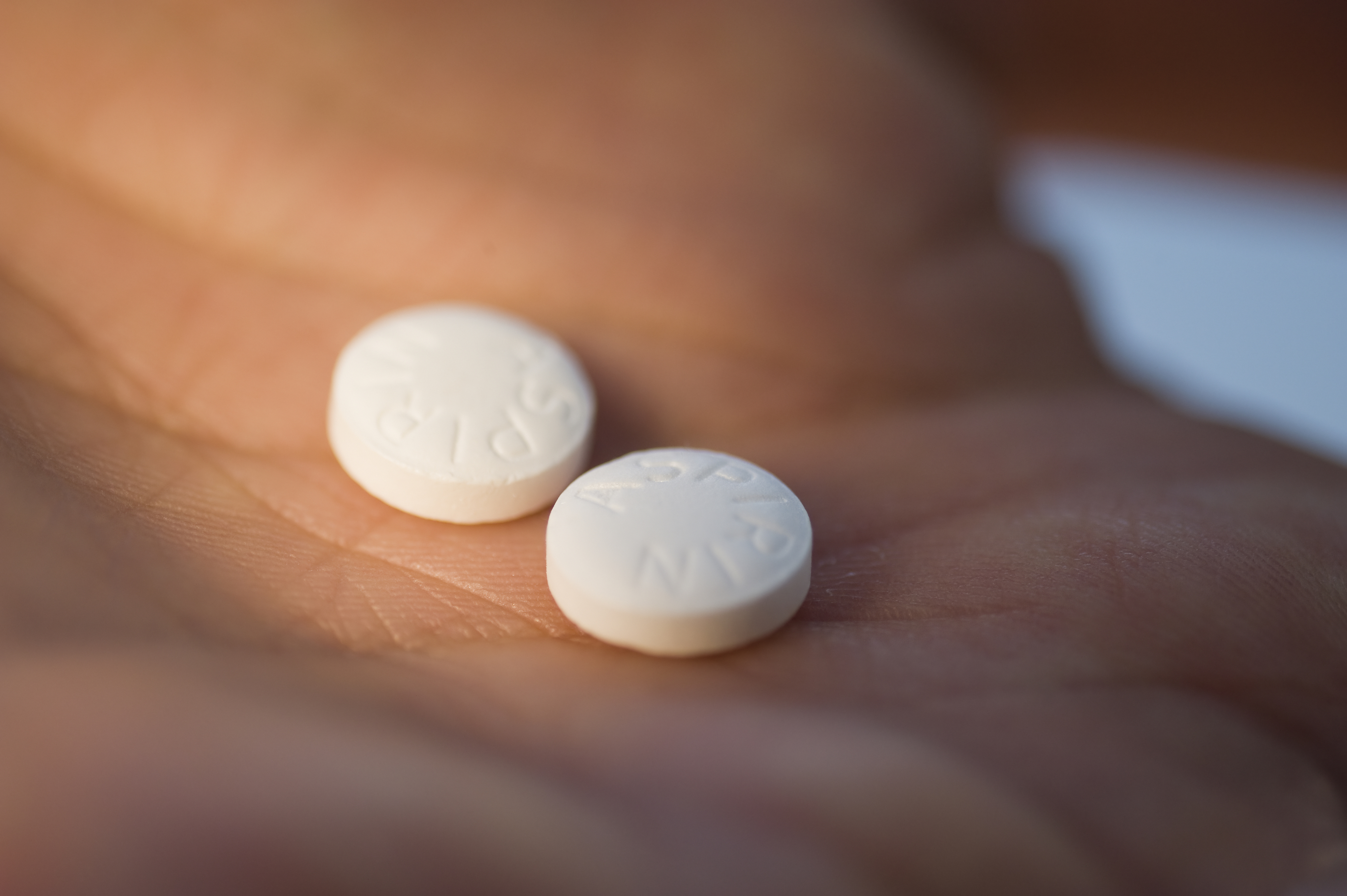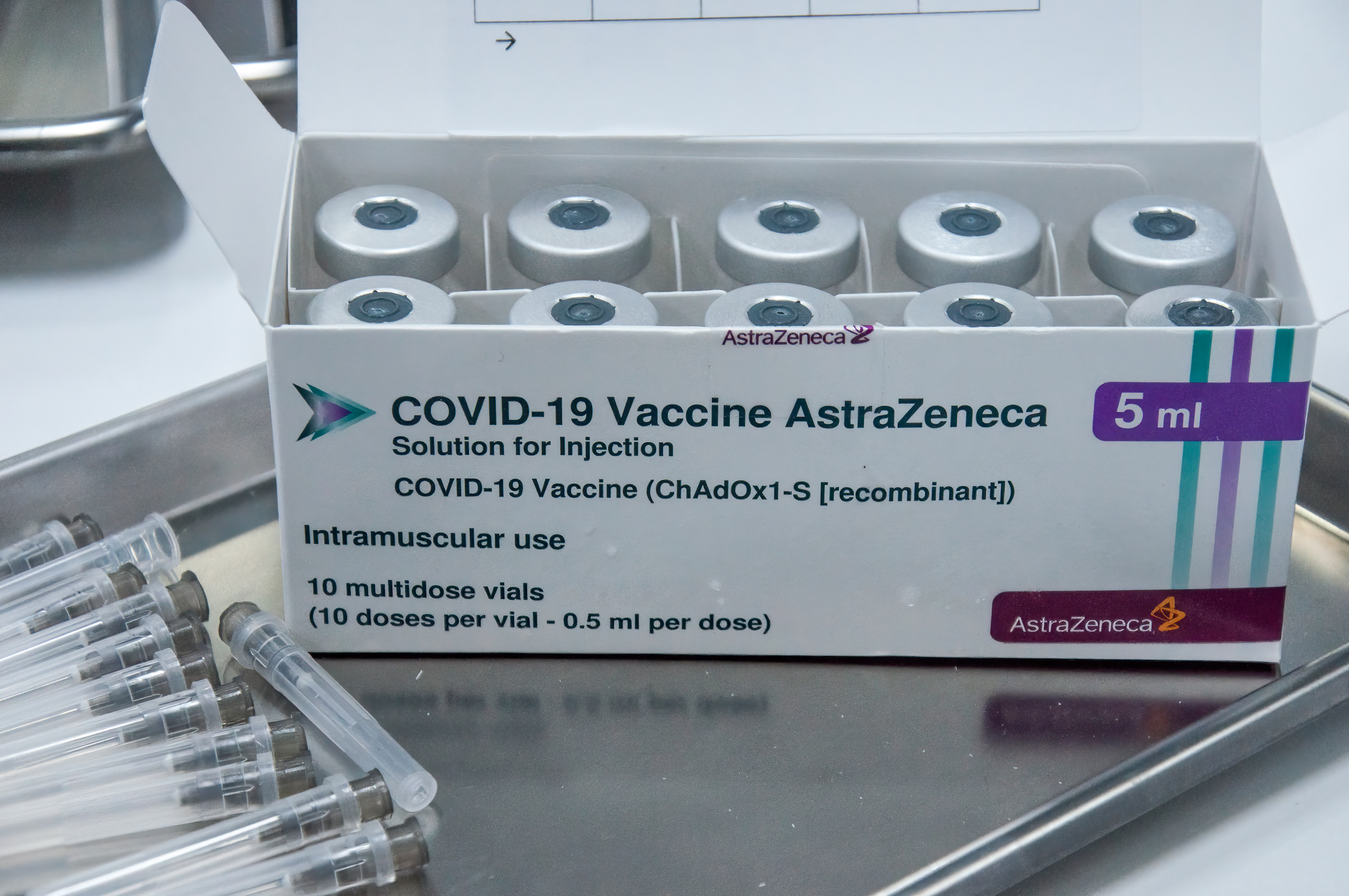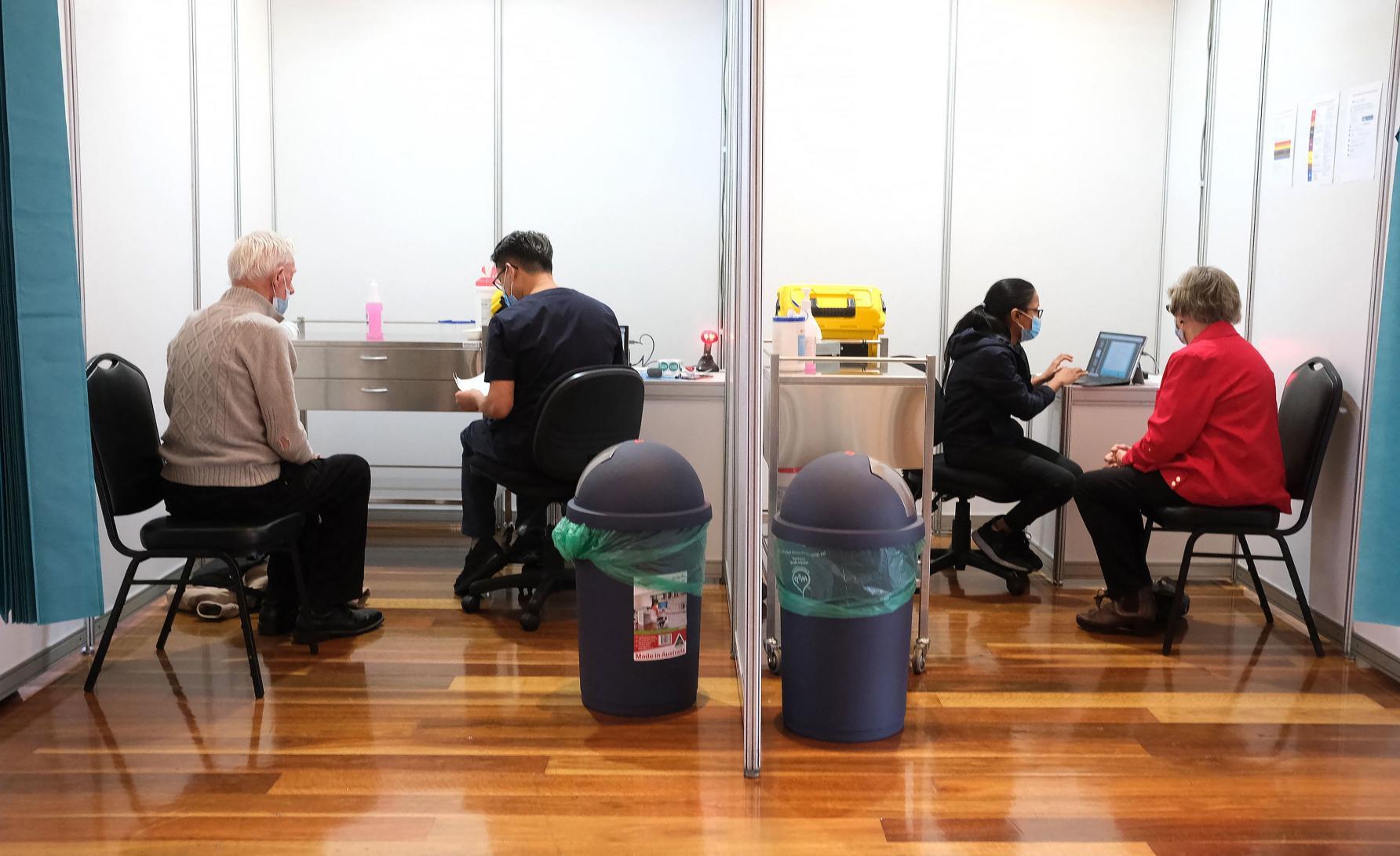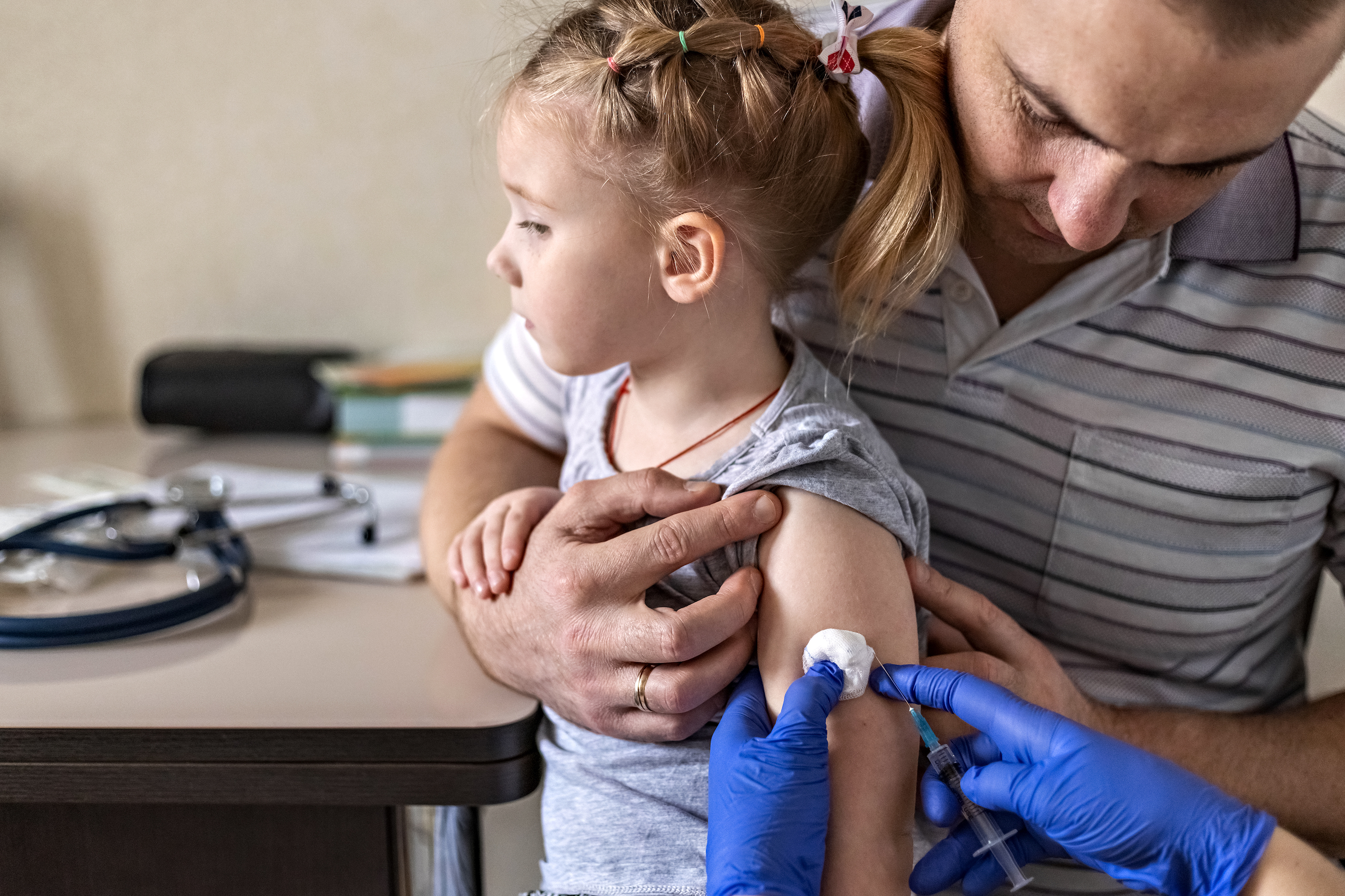
Health & Medicine
How your blood can help understand COVID-19 vaccine responses

The risk of rare side effects from COVID-19 vaccines like AstraZeneca are greatly exaggerated as they are far safer than many medicines people are taking every day
Published 21 June 2021
For the family of the woman who recently died from a very rare blood clot after her AstraZeneca COVID-19 vaccination, it’s no comfort that ‘only’ two people have died despite nearly four million doses of AstraZeneca in Australia.
But this one-in-two-million risk should reassure everyone else, including the Australian Technical Advisory Group on Immunisation (ATAGI). After all, we are four times more likely to get struck by lightning in 2021.

I have also lost a friend due to AstraZeneca– not because he had the vaccination, but because he didn’t.
He was 70 years old and listened to scaremongers and decided against vaccination, only to die from COVID-19 in India.

Health & Medicine
How your blood can help understand COVID-19 vaccine responses
Ironically, he was taking aspirin to prevent another heart attack, a medication which poses a significantly higher risk than AstraZeneca.
Around 11 per cent of older Australians take daily aspirin to help prevent stroke and heart attack, but statistically, aspirin is two hundred times more dangerous than AstraZeneca – resulting in around one death per 10,000 people.
So why are so many of us unduly worried about this vaccine given that the severe side effects are exceedingly rare?
One might even question ATAGI’s recent decision to only recommend AstraZeneca for those aged 60 and over.
Perhaps it’s because the media – and anti-vaxxers – are very good at making rare side effects seem very common by focusing all the attention on those effects. This trick starts with a fact – like AstraZeneca can cause blood clots – from which risks are extrapolated and exaggerated, scaring vulnerable people.

The fact is that all vaccines can cause very serious adverse events like anaphylaxis, cellulitis and even death. The obvious danger of writing this last sentence is actually the point of this article – someone claims, out of context, that public health physicians warn vaccines cause serious conditions and death.
But dangerous adverse events can result from just about any pharmaceutical or medical intervention.

Health & Medicine
Don’t be that person
Take aspirin.
If I list the known adverse events (and sneakily don’t mention their frequency) we are left with a frightening picture including pancreatitis, hematemesis, papillary necrosis, renal failure, aplastic anemia, thrombocytopenia, disseminated intravascular coagulation, Steven-Johnson syndrome, erythema nodosum, hepatitis, Reye’s syndrome, hepatic insufficiency, metabolic acidosis, , hypoglycemia, hyperglycemia, cerebral edema, coma, intracranial hemorrhage, seizures, hearing loss, rhabdomyolysis, pulmonary edema, asthma and... the list goes on.
But before you stop your aspirin (and the Medical Board deregisters me) you need to know that the incidence of these side effects is exceedingly small. I just handpicked rare, catastrophic and dramatic adverse events.
And this is what some media and social media coverage does.

But, millions of Australians (including many who are currently refusing vaccinations) continue to take aspirin because the benefits of aspirin (or any appropriate medication) outweigh the risks, which are rare.
And likewise many women draw the same conclusion about taking the contraceptive pill which can cause clots in five to 12 women in every 10,000.
Of course, I’m not claiming that taking aspirin is the same as getting vaccinated. There are important differences. But the principle of weighing up the benefits against the risks applies equally.

Health & Medicine
Preventing a rebound in youth homelessness after COVID-19
Let’s weigh up AstraZeneca.
Nearly all the world’s immunologists, virologists, medical professionals and public health experts agree that COVID-19 vaccines, including Astra Zeneca, have minimal risk to recommended subgroups and significant benefit.
But vaccine opponents might argue that while aspirin is tried and tested, COVID-19 vaccines are new and we don’t know what the longer-term affects may be, in say, 20 years. Indeed, not until 2041 can we be certain that a vaccine doesn’t cause [add any disease name here].
But I’m glad we didn’t wait for 20 years of data before using vaccines to eradicate smallpox and control the devastating polio virus.
Besides, even though COVID-19 vaccines are new we already know a lot.

AstraZeneca and Pfizer use vaccine technology that’s been carefully developed over decades of research. They rely on stimulating the immune system – similar to the other 18 jabs that the average 18 year-old has already received.
Furthermore, we already have large amounts of data on the current COVID-19 vaccines – worldwide, we recently passed the two-billion dose milestone. Severe adverse events, like blood clots, are being very closely monitored and have mostly been minor or exceedingly rare.

Health & Medicine
Heating and cooking at home linked to asthma
However, conspiracy theorists claim governments are hiding the truth about these vaccines and their adverse effects.
But this would, in effect, require nearly all the world’s 193 governments of all persuasions (fascist, communist, democratic, theocratic and monarchical) to conspire together – along with vaccine companies and the mainstream free media – to corrupt regulatory frameworks, hide data from independent monitoring agencies and manipulate trial data.
Establishing and maintaining such a conspiracy is realistically beyond the realm of possibility.
So why give credence to the few fringe health practitioners who post on YouTube about very rare adverse events, while also stoking other ill-founded fears of conspiracy? This misinformation kills.
We regularly trust our doctor’s advice and take a host of medications and vaccines that come with serious, but exceedingly rare, side effects.
Perhaps we should also trust the overwhelming majority of medical experts who advise us to take this safe vaccine? I just wish my friend had.
Banner: Getty Images